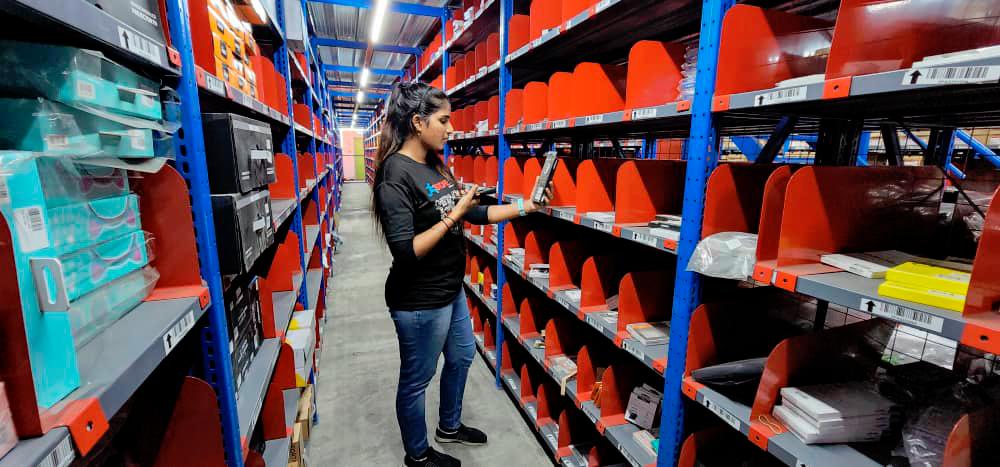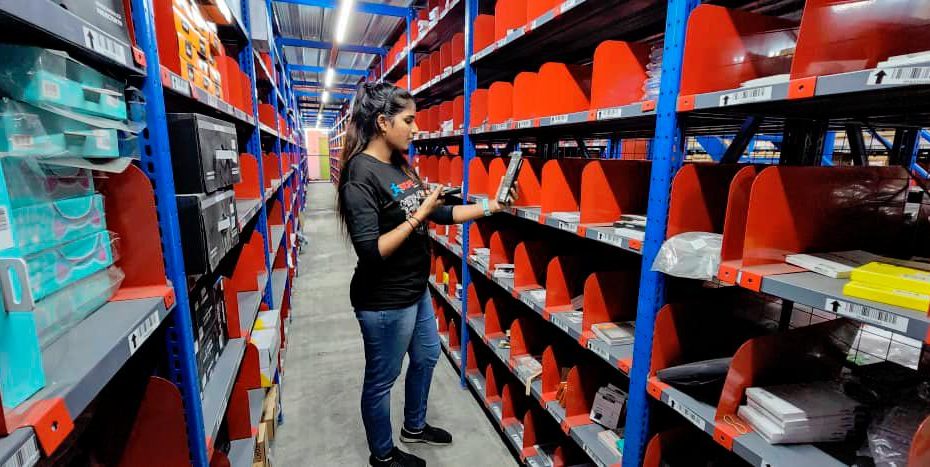By Cynthia Ignatius – July 13, 2022

An interview with Co-Founders and Chief Executive Officer, Joe Khoo and Chief New Initiatives Officer, Tommy Yong of iStore iSend
BusinessToday: Your view on the current SME ecosystem in Malaysia?
A: As SMEs represent about 97.3 per cent of registered businesses and 65 per cent of total employment in Malaysia, the growth of SMEs is critical to Malaysia’s economic growth and is the backbone of our nation’s economic progress.
During the pandemic, the commitment to drive SME development is already visible through the government’s facilitative role in creating a more conducive environment for businesses to thrive, which include targeted financial support. Given these circumstances, the SME ecosystem in Malaysia has significantly and tremendously grown, compared to how it was a few years before the pandemic. On top of that, SMEs have received a platform that could have extensively aided the SME ecosystem, specifically in terms of promoting and empowering entrepreneurial activities. Hence, we have achieved a great deal thus far for our SME ecosystem that has contributed to the growth of Malaysia’s economy.
BusinessToday: What is your role as an e-commerce company in ensuring your business survivability?
A: Before we reached the sweet spot that we are currently at in the market, e-fulfilment and e-commerce were not as prevalent and prolific in the region as today. As e-fulfilment was a totally foreign and strange concept back then and it required a lot of effort from iStore iSend to educate the public as well as the target market on what e-fulfilment really is and how essential your product offerings are to the e-Commerce growth.
Ever since our inception, our goal is to provide all-round reliable logistical services. That is how we come out with the idea to help online businesses thrive, especially those who are just starting out and we are glad that we have the expertise to do that.
Due to this, as an unconventional logistics company, our business has evolved beyond logistics management to e-commerce management, and we also have some products in tech i.e. back-end assistance, channel management for companies that are just venturing into e-commerce, online store setup, onboarding of brands to online e-marketplaces, official online store management, growth and marketing campaigns management, listing and even customer services.

Meanwhile, we too adopt our proprietary system, ODiN to automate customers’ e-commerce operations. The system mainly comprises an order management system, a warehouse management system, and a transportation management system. We also provide online merchants with consultation services.
BusinessToday: Can you share your experiences and thoughts from observing how the logistics industry has transformed in Malaysia since when you first started the company?
A: iStore iSend started as a warehousing business in 2009 when the e-commerce wasn’t in high demand, where we modelled after Amazon. We had our first breakthrough in 2016 when we onboarded our first enterprise clients, LOréal and Levis. That was the start of a torrent of referrals from other prominent firms in the fashion, wellness, and beauty industries, to the household goods sector.
We started fundraising in 2020. Prior to this, we were self-funded for about 10 years. We also founded the company in a place where we truly want to help online businesses thrive, especially those who are just starting out and we are glad that we have the expertise to do that.
Now that we have platforms like Shopee and Lazada, as the adoption of e-commerce caught on, more businesses started growing in both volume of products and sales, and they were not able to cope with the growing number of sales orders. More SKUs in place could only mean a higher margin of error – let it be shipping out the wrong product or having a return of the product due to a wrong size. It has allowed our business to evolve beyond logistics management to e-commerce management. This has allowed us to also have some products in tech. We provide back-end assistance, and also support when online merchants are just venturing into e-commerce and require help in setting up the e-commerce division.
The evolution of e-commerce has also broken the ground for a promising future for the industry. This has not only aided the transition towards digitalisation, but also increased consistent product demands and unlocked doors for more e-commerce providers to eye for regional expansion, emerge, capture and penetrate other markets.
